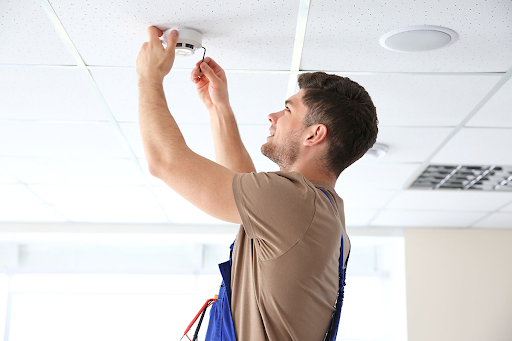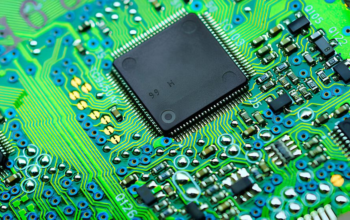
Fire alarms are crucial safety devices designed to alert occupants in case of fire emergencies. However, like any technology, they can experience issues that compromise their effectiveness. Whether you’re dealing with false alarms, sensor malfunctions, or wiring problems, seeking professional assistance for Fire Alarm Installation in London can help address these issues effectively. Understanding common fire alarm problems and knowing how to troubleshoot them can ensure your system operates reliably when needed most.
Common Issues with Fire Alarms
- False Alarms
False alarms are perhaps the most common issue with fire alarm systems. They can be triggered by various factors such as cooking fumes, steam, dust, or even insects. These false alarms not only disrupt occupants but can also lead to complacency if they occur frequently.
- Low Battery Warning
Fire alarms often rely on batteries for backup power. A common issue arises when these batteries are low or dead, triggering a warning beep. Ignoring this warning can render the alarm useless during a power outage or fire event.
- Faulty Wiring
Faulty wiring within the fire alarm system can cause sporadic issues or complete failure to detect fires. This could be due to aging wiring, poor installation, or damage caused by environmental factors.
- Sensor Malfunction
Fire alarms have sensors that detect smoke, heat, or both. If these sensors malfunction or become dirty over time, they may fail to detect a fire or trigger false alarms.
- Maintenance Neglect
Regular maintenance is essential for fire alarms to function correctly. Neglecting routine checks, battery replacements, or sensor cleaning can lead to various issues and compromise the reliability of the system.
Troubleshooting Tips
- Addressing False Alarms
To reduce false alarms, ensure proper ventilation in areas prone to triggering alarms (like kitchens). Regularly clean detectors to prevent dust buildup, and consider upgrading to alarms with advanced detection technologies.
- Battery Managemen
Regularly check and replace batteries as recommended by the manufacturer or when the low battery warning activates. Use high-quality batteries to ensure reliability during emergencies.
- Checking Wiring
Inspect wiring periodically for signs of wear or damage. Ensure all connections are secure and free from corrosion. Consider hiring a professional electrician to assess and repair any wiring issues.
- Sensor Maintenance
Clean smoke and heat sensors according to manufacturer guidelines. Use a soft brush or compressed air to remove dust and debris that may hinder sensor performance.
- Scheduled Maintenance
Create a maintenance schedule for your fire alarm system. This should include regular testing of alarms, inspection of all components, and updating software or firmware as recommended by the manufacturer.
Conclusion
Fire alarms are indispensable for protecting lives and property in the event of a fire. By understanding common issues and implementing proactive troubleshooting measures, you can ensure your fire alarm system operates reliably when needed. Regular maintenance, timely battery replacements, and awareness of potential issues such as false alarms or faulty wiring are key to maximizing the effectiveness of your fire alarm system. Additionally, obtaining a Landlord Certification can further validate that all safety measures, including fire alarms, are up to standard. Stay vigilant, stay informed, and prioritize the safety of everyone in your building or home ,If you want to stay updated with posts like this, please follow us on Vibe Linker.


